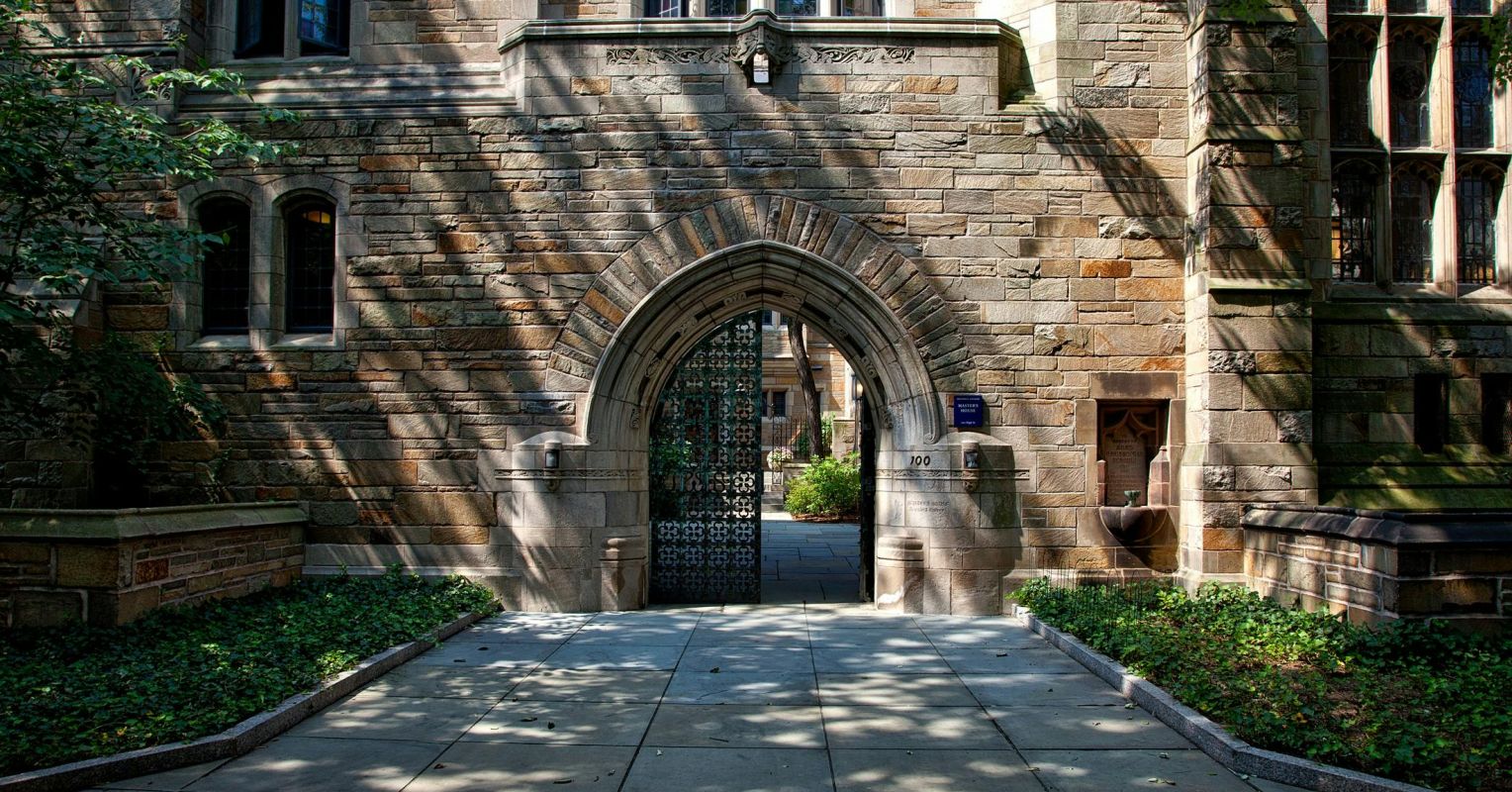As they embark upon a new academic year, today’s Jewish college students are facing a concerning convergence of crises.
Following the October 7 attacks on Israel, the prior school year was marked by a tumultuous period of protests that spurred surging incidents of antisemitic harassment and intimidation, canceled commencement ceremonies, disruptions in access to classes, and highly scrutinized statements from university administrators on the events in the Middle East.
According to the Anti-Defamation League (ADL), about three-quarters of Jewish college students experienced or witnessed some form of antisemitism during the 2023-24 academic year. Further, in a survey of students at the top 25 universities in the U.S. News & World Report rankings, over two-thirds of students identified antisemitism as a problem on their campuses. Against the backdrop of this environment, many Jewish students possess neither the vocabulary nor the historical knowledge to navigate complex or controversial conversations about Israel and the Middle East.
Where We Are Now
At the onset of this fall semester, the war in Israel and Gaza is ongoing, as is its fallout on U.S. campuses. The current wave of antisemitism is unsettling enough for Jewish college students. And yet, the situation is exacerbated by the aftereffects of the COVID-19 pandemic, which gave way to an acute Mental health crisis among all Americans, particularly the country’s youth. In August, newly released data from the CDC indicated only modest progress in Mental health outcomes for that demographic, as students’ persistent feelings of sadness or hopelessness decreased from 42 percent in 2021 to 40 percent in 2023. This means that the Mental health implications of the pandemic have lingered—and will likely linger on.
For current and prospective students alike, Mental health factors prominently into their calculus on whether to be on campus at all. The Gallup polling agency revealed in May that 35 percent of college students around the country had considered leaving their program during the previous six months, with 54 percent citing emotional stress and 43 percent reporting Mental health as the most important aspects of their decision-making process. Meanwhile, the education company EAB found that 28 percent of high school students who are in the process of applying to college might delay enrollment, or decline to attend college altogether, due to Mental health concerns.
For Jewish students, the parallel crises of antisemitism and Mental health are inextricably connected. When they face antisemitism, these students live in fear for their safety and with a deep sense of isolation from their peers on campus. Their views, beliefs, and values are threatened, to the point where they feel the need to hide their religious identity. They are left searching and yearning for safe havens; Hillel and Chabad centers can provide them with familiar and comfortable spaces but may be under-resourced, depending on the campus.
At counseling centers, Mental health professionals who have not lived through the experience of antisemitism have not been specifically trained to make Jewish students feel seen, heard, and understood. They do not necessarily recognize an antisemitic incident when a student shares information about one—and thus, the incident may not be reported to the appropriate agencies that document antisemitism and respond to it, such as local law enforcement and the ADL. From a broader perspective, counseling centers do not come close to meeting the full range of Mental health-related needs on college campuses.
How We Can Address the Crisis
As a parent of Jewish young adults, I am no stranger to this troubling landscape. One of my children is beginning their junior year of college, having endured both the COVID-19 pandemic and the war in Israel. Another has started college this fall, bracing for the fraught circumstances that lie ahead.
What would be an effective strategy for addressing this nexus of crises on campus?
At the Ruderman Family Foundation, we are uniquely positioned for this dual challenge because of our considerable experience in both the Mental health and Jewish communal spaces. The Foundation’s initiatives in the higher education sector empower students to access the essential Mental health support that they need, offering programming to students in distress, working with administrators to promote systemic change on their campuses, and encouraging students to communicate in healthy and respectful ways.
There are several practical tools and methods that campuses can utilize to tackle the convergence of Mental health challenges and rising antisemitism. For example, resources such as the American Jewish Committee’s toolkit for administrators provide clear and thorough recommendations for improving the campus atmosphere for Jewish students, faculty, and staff.
Education Essential Reads
It is incumbent upon campus administrators to promote programming that teaches students how to engage in civil discourse, as many of them have never learned that skill. In turn, administrators can implement specific recommendations for enhancing the campus culture that emanate from such educational efforts.
Finally, Mental health professionals and Jewish student organizations on campus are natural allies for administrators who should convene with the goal of brainstorming solutions. They can collaborate to identify and address gaps in Mental health services that address the needs of Jewish students in a meaningful way—for instance, the importance of training for clinicians in this specific area. They can also explore how Jewish identity is excluded from diversity, equity, and inclusion (DEI) frameworks, and how to respond to that trend. Ultimately, they can work together to develop new programs and services that meet the unique needs of each campus.
With such an approach in mind, students who are facing this historic nexus of crises may very well begin to access much-needed support and relief.













